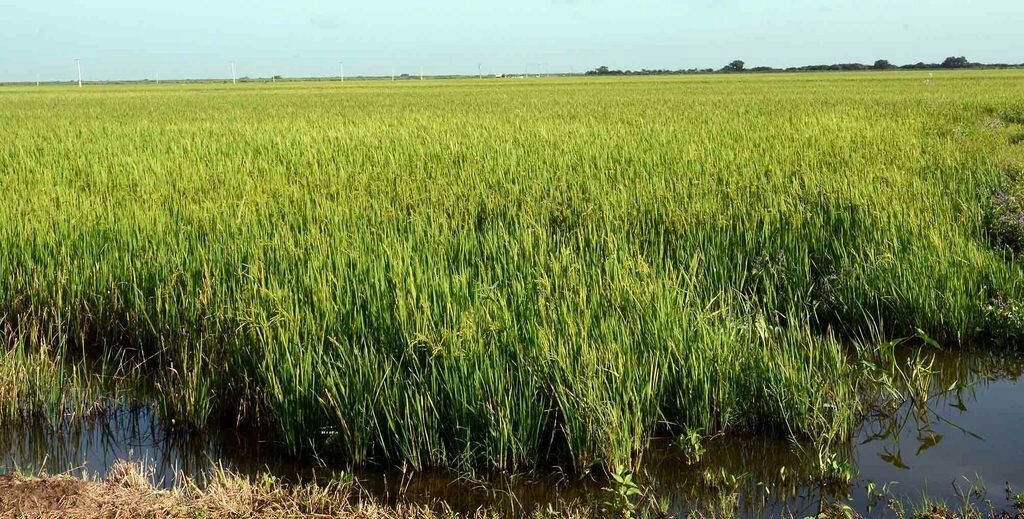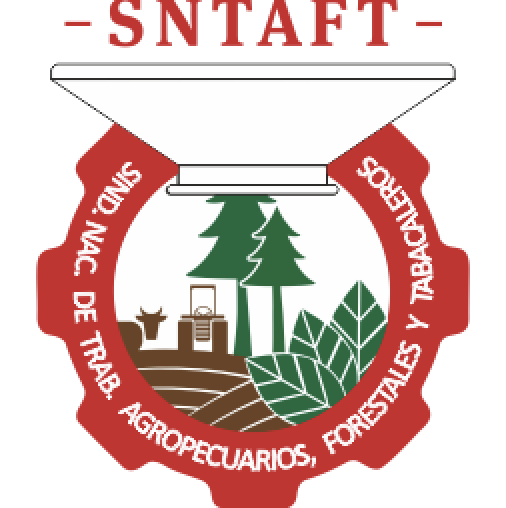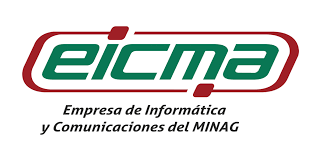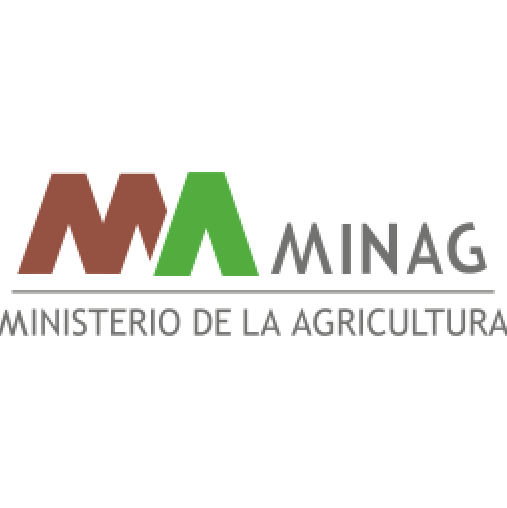GAF
Agricultural Development Bank supports important productions in Camagüey
The Agricultural Development Bank, one of the measures that Cuba has been promoting since last September, contributes to supporting important productions in the province of Camagüey, among them that of rice, which registers the highest figure with four loans granted to date, totaling more than 68 million pesos.
The territory reports seven loans equivalent to 69 million 411 thousand 345 pesos at the end of November, and also includes one to promote beans and two in function of the improvement and fattening of cattle, explained to the Cuban News Agency, Yosbel Pouza Padrón , Head of the Department of Agricultural Banking in the Directorate of Banco de Crédito y Comercio (BANDEC). Two more credits focused on banana and rice crops, respectively, are in the process, he said. Of the four loans granted with the aim of promoting the aforementioned cereal, three correspond to companies in the Vertientes municipality, and one to Florida, the main rice producers in the province, which ensures the food harvest, said Pouza Padrón. The Antillean country allocates 1.8 billion pesos for the Agricultural Development Bank in order to boost the production of pork, beef cattle, rice, banana, guava and cassava, and recently beans, potatoes and protected crops (tomato, cucumber). Contained in the 63 provisions that stimulate food production in the Cuban agricultural sector, the Agricultural Development Bank also favors the support of a group of expenses, among them those derived from the purchase of fertilizers, fuel, and the salaries of agricultural workers. farmers. Nadia Márquez Capón, head of the Economy area of ??the Provincial Delegation of Agriculture, pointed out that in the first stage of implementation of the measures, they identified about 110 producers, with whom they work in commissions and they inform them of the procedures to follow and the benefits they have. Today, another 12 loan proposals are in process in Najasa, which will encourage cattle ranching, and at the end of the current year the province of Camagüey must close with 100 million pesos for loans of this type, Márquez Capón expanded. The contributions, called soft loans, are approved in the bank branches of the producers' municipalities of residence, both BANDEC and Banco Popular de Ahorro and have low interest rates of 1.5 percent, of which farmers they pay only 50 percent, and the other half is covered by the state budget. Banks, National Insurance and municipal delegations of Agriculture intervene in the process of granting this type of funds.




